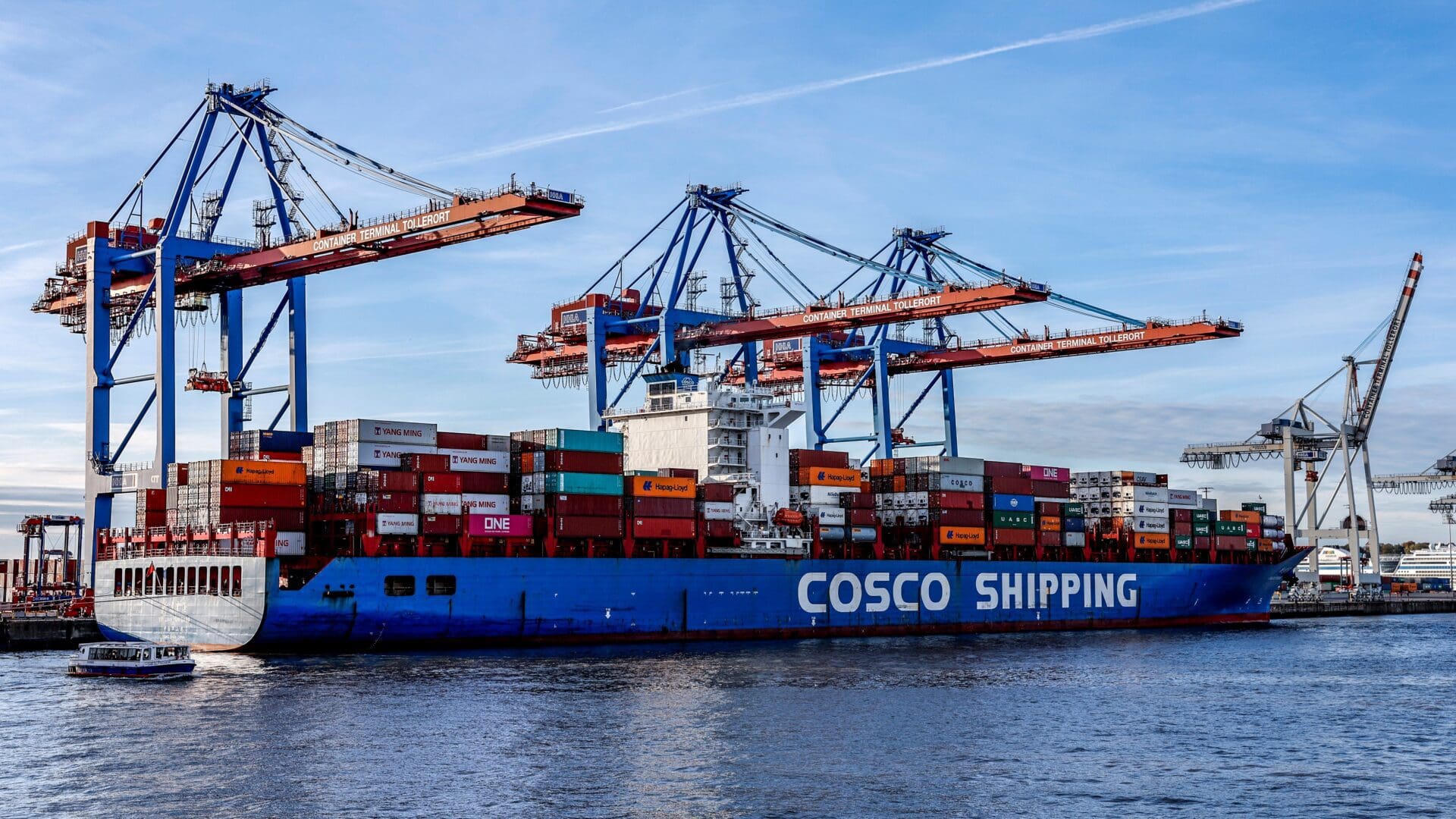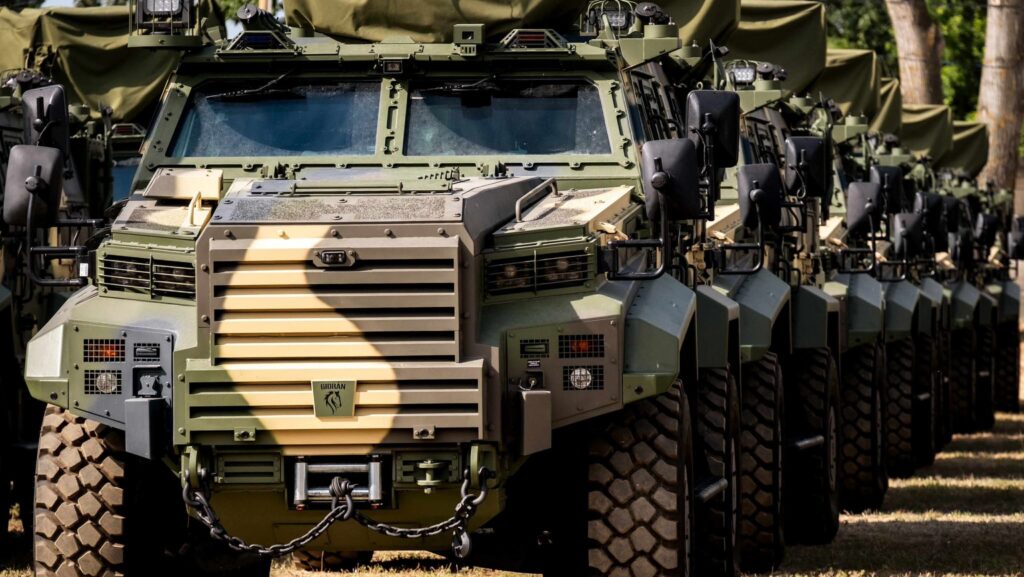NATO is the most important institution to guarantee Hungary’s peace and security—that’s why it is really disheartening to read articles like that of Tom Rogan in the Washington Examiner about Turkey and Hungary. Rogan argues that the NATO membership of these two countries should be suspended. The alleged reason: breach of duty.
I was still a student when Hungary held a referendum on NATO membership in 1997 and joined the organisation in 1999. In 1997, just under half of those of voting age turned out to cast their ballot—and more than 85 per cent of them supported the membership. All of the parties of the Hungarian parliament were in favour of Hungary joining, including Viktor Orbán’s Fidesz. On the second day of the Russo-Ukrainian-Russian war, 72 per cent still favoured NATO membership. In brief: the vast majority of Hungarian society, including me, still holds the view that being a member of NATO comes with significant symbolic, emotional, and practical added value.
Also, the Orbán government started a programme some years ago to develop the country’s military. The administration has been increasing military expenditure for quite some time now in order to meet the threshold required by the North Atlantic Treaty Organization: as a result of these efforts, by 2024, Hungary’s military spending will reach two per cent of the Hungarian GDP. Again: these are requirements imposed by NATO on its members, and which—it appears—most European member states do not comply with.
Yet what saddens me the most when reading Tom Rogan’s article is
how it distorts the truth and misrepresents the situation,
citing only rumours and uncritically regurgitating the mainstream liberal media’s bias regarding Hungary—without underpinning its claims with facts.
I have already written about the situation of the Hungarian media for the Washington Examiner. The situation compared to the one I described almost exactly one year ago is basically the same today. short: the Hungarian government has not ‘cracked down’ ‘dissenting minority voices, politicians and activists’—they can express their views on the most popular news portals, TV channels, on social media, and the list goes on. As for NGOs, although they were ordered to report on their foreign funding sources, they continue to operate freely in Hungary.
Rogan suggests that Hungary broke its pledge to NATO by ‘undermining’ the EU sanctions against Russia, and by—as far as I understand—maintaining pragmatically amicable diplomatic and economic relations with Russia and China. But there are several problems with his argumentation. To begin with, although most of the EU member states have also joined NATO, these two organisations are completely different. Normally, a member state’s disputes with Brussels about compliance with the EU regulations should not affect its NATO membership at all.
What’s more, the European Union is not a ‘top-down organisation’, where one must comply with orders coming from the Brussels headquarters. Sanctions are decided by the European Council, consisting of the leaders of EU member states. The European Union is made up of its member states, and—especially when it comes to shaping foreign relations—its operation is largely characterised by the efforts towards reaching an agreement in every field of policymaking.
There is no such thing as a single ‘EU interest’,
with which members should comply. Sanctions are the products of lengthy negotiations within the Council.
Hungary was able to reach an agreement that took into account its interests regarding those sanctions against Russia: the government therefore accepted and did not veto them. It is worth remembering that many EU countries had different reservations regarding each set of sanctions—that is another fact, even if few have heard of that. Driven by their respective country-specific interests, several member states articulated which aspects they did not want to be included in a given set of sanctions. Most of these ambitions have succeeded, even if some haven’t (for one, let me remind you of the latest news about the diamond trade between Russia and Belgium). Let me be clear: those who secretly opposed the sanctions quietly hoped that ‘black sheep Hungary’ would veto, and were disillusioned when it didn’t happen. So, it’s high time Rogan started putting other European countries on his ‘blame list, too.
While voting yes for the sanctions, Hungary is also entitled to pointing out that sanctions cause economic self-harm to Europe, and—having learned the lessons of history—that sanctions usually do not prove to be effective.
If we want to harm Russia, instead of being witless, we should proceed in a much more sensible way.
Also, it needs to be stressed that Ukraine is not a member of NATO. But in fact, if we have to find an international organisation that is to be involved in maintaining or restoring international peace and security, it is not NATO. It is the United Nations. Not a single article of the North Atlantic Treaty obliges NATO members to take any actions regarding the Russo-Ukrainian war.
Finally, let me tell you something about Europe’s and PM Orbán’s pragmatic relations with Russia and China. Prime Minister Orbán and his government have been making substantial efforts to diversify Hungary’s energy supplies and decrease the country’s more than eighty-per-cent-dependence on Russian energy. For this purpose, the Hungarian administration bought back a larger stake in Hungarian oil and gas company MOL from Russian oil firm Surgutneftegas in 2011. Furthermore, the government has invested in a Croatian LNG terminal, built gas interconnectors to enable the delivery of gas from new sources, and, although this effort eventually proved to be unsuccessful, the Orbán administration has even tried to convince ExxonMobil to invest in a Black Sea offshore drilling project.
As far as China is concerned: China is the biggest Asian trading partner of most European countries, followed by Russia in second and Turkey in third place. Most of the European countries trade with these countries in significantly larger volumes than Hungary does—even today. Maybe Tom Rogan should urge their expelling from NATO, too.








